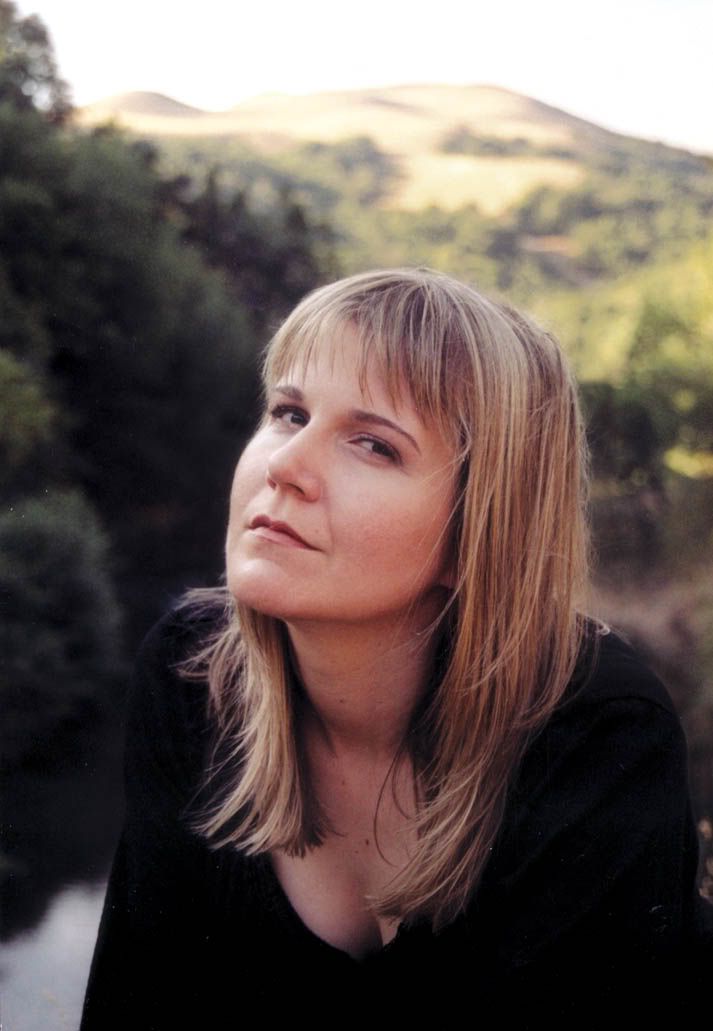Food, Glorious Food
Back when I was writing The Bitch Posse I felt this enormous need to attend a Passover Seder. Doesn't that sound bizarre? I'm not even Jewish. It was an impulse so strong I couldn't ignore it. My best friend knew I wanted to go to one and graciously invited me to hers. It was absolutely beautiful, and so powerful and sacred. I wept. And when the novel was up for sale I ate nothing except matzo ball soup every single day. Something just told me to.
Food! It's an incredible thing. Of course, Communion is related to food, and words, and the power of them intertwined. "This is my body..." It's an incredibly cleansing ritual. I always feel better when I've had Communion.
Yet I sometimes think humans don't really appreciate the power of food outside of religious experience. Food is a visceral and amazing thing, but people take it for granted. They just shove it into their mouths and enjoy its taste on a surface level, maybe, but never really think about the spiritual and sensual power of food.
I have a hunch Gayle Brandeis knows what I am talking about. Her book FruitFlesh is an incredibly inspirational text on writing, all related to the sensuality of fruit. Words and food... there's a really powerful connection there.
Now that my son has diabetes, we suddenly have all these rules about food~counting carbs, avoiding certain types of carbs at some times and eating them very quickly at others, writing everything down... Maybe that's fueled my own obsession a bit.
The macrobiotic diet really intrigues me. A lot. But it seems like a ton of work~Here are some of the principles of macrobiotics:
I could totally get into that diet I think. I think I would feel an enormous sense of power on that diet. But to tell you the truth I don't think the family would put up with it.The earliest recorded usage of the term “macrobiotics” is found in the writings of Hippocrates. Translated literally, macro is the Greek word for “great” and bios is the word for “life.” Macrobiotics is used by its practitioners as a tool that allows one to learn to live within the natural order of life. Throughout history, philosophers and physicians from many parts of the world have used this term to signify living in harmony with nature, eating a simple, balanced diet, and living to an active old age.
The modern practice of macrobiotics was started in the 1920s by a Japanese educator named George Ohsawa. Ohsawa is said to have cured himself of a serious illness by changing to a simple diet of brown rice, miso soup, and sea vegetables. At the core of Ohsawa’s writings on macrobiotics is the concept of yin and yang. In Chinese philosophy, the opposing forces of yin and yang govern all aspects of life. Yin—representative of an outward centrifugal movement—results in expansion. On the other hand, yang—representative of an inward centripetal movement—produces contraction. In addition, yin is said to be cold while yang is hot; yin is sweet, yang is salty; yin is passive, yang is aggressive. In the macrobiotic view, the forces of yin and yang must be kept in balance to achieve good health.
The macrobiotic diet, therefore, attempts to achieve harmony between yin and yang. To this end, foods are classified into yin and yang categories, according to their tastes, properties, and effects on the body. The two food groups—grains and vegetables—that have the least pronounced yin and yang qualities, are emphasized in the macrobiotic diet. Eating these foods is thought to make it easier to achieve a more balanced condition within the natural order of life. Foods considered either extremely yin or extremely yang are avoided.
"If more of us valued food and cheer and song above hoarded gold, it would be a merrier world."~JRR Tolkien








<< Home